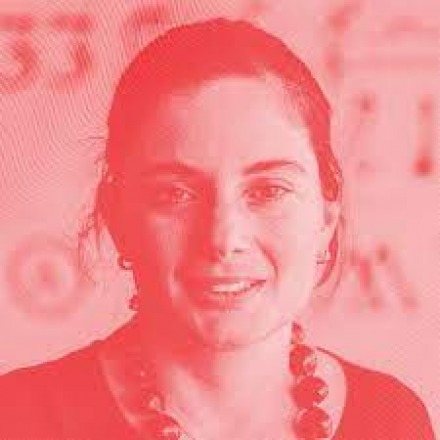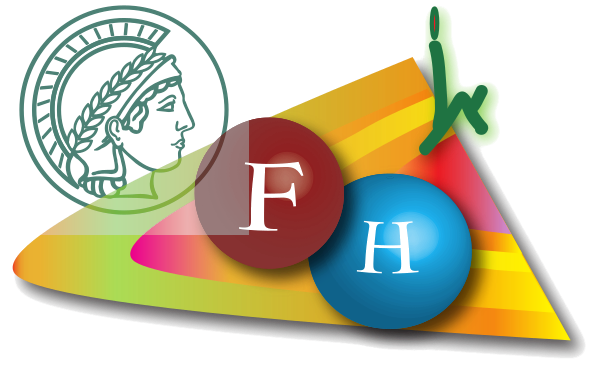
Encoding quantum-chemical knowledge into machine-learning models
Clemence Corminboeuf, EPFL, Switzerland
Abstract
Today many quantum chemists are inspired by tasks such as overcoming the complexity of the electronic structure problem or bypassing DFT computations by leveraging machine learning (ML) techniques. These types of efforts are booming, with reported applications spanning molecular properties ranging from simple atomization energies to complex mathematical objects, such as the many body wavefunction. This talk discusses our strategies exploiting statistical learning techniques for two alternative purposes related to quantum and computational chemistry, respectively. On one hand, we will discuss a ML workflow specifically adapted to predict the primary output of quantum chemical computations (e.g., ρ(r), particle-hole densities, on-top pair density, etc.) from which many properties could be derived. These properties range from the electrostatic potential of a protein to a real-space indicator of electron correlation. The second part of the talk will be placed on improved atomistic ML models aiming at more efficiently learning challenging catalytic properties (e.g., the enantiomeric excess).

